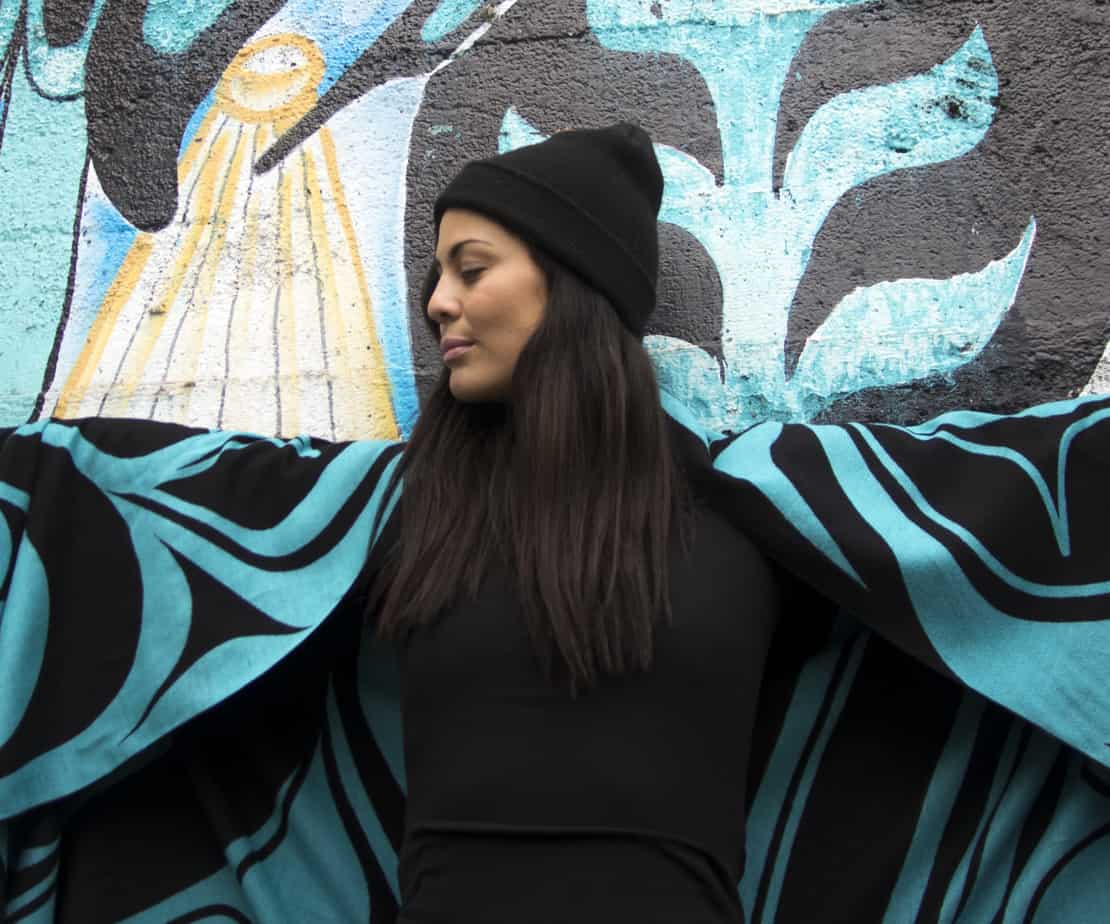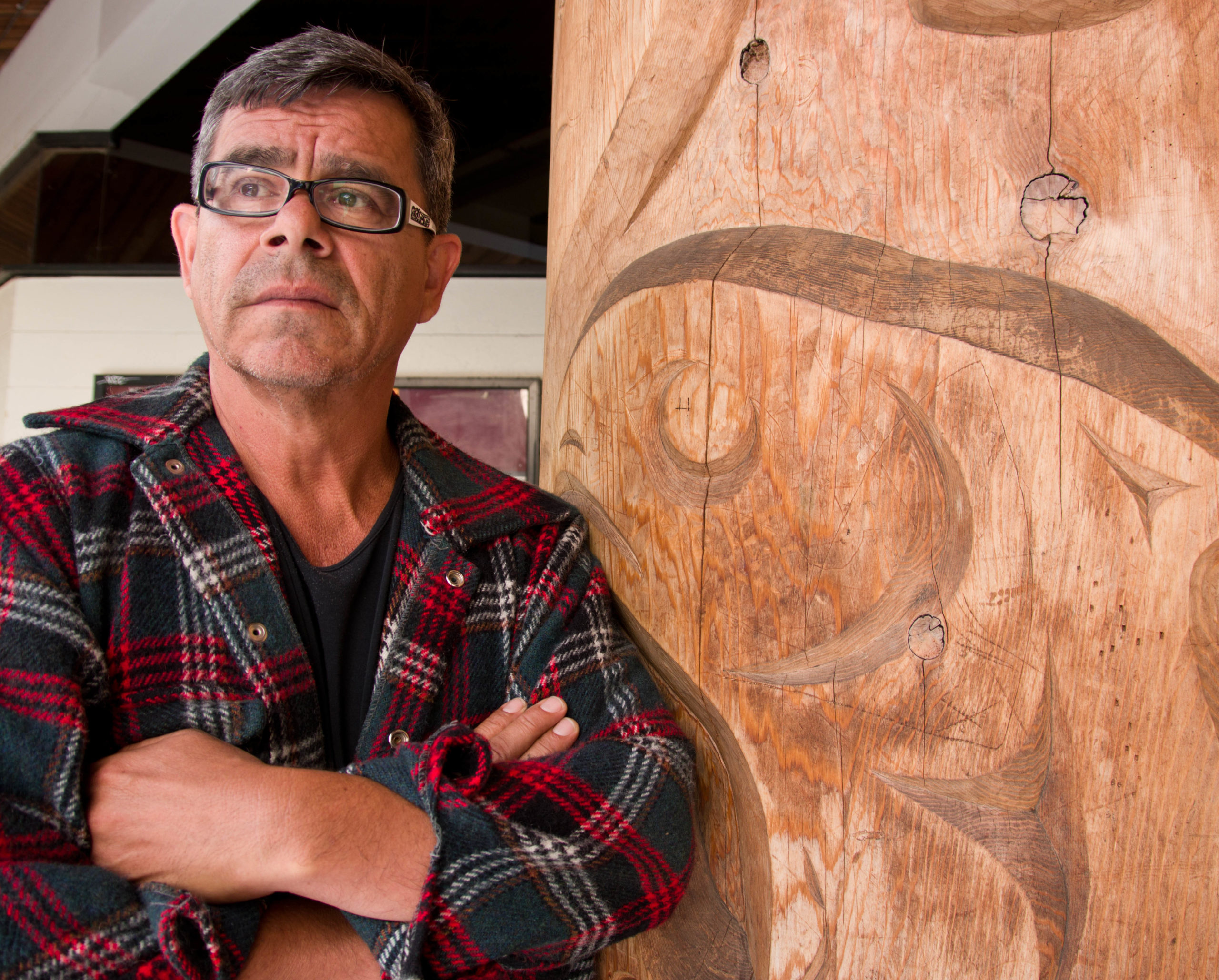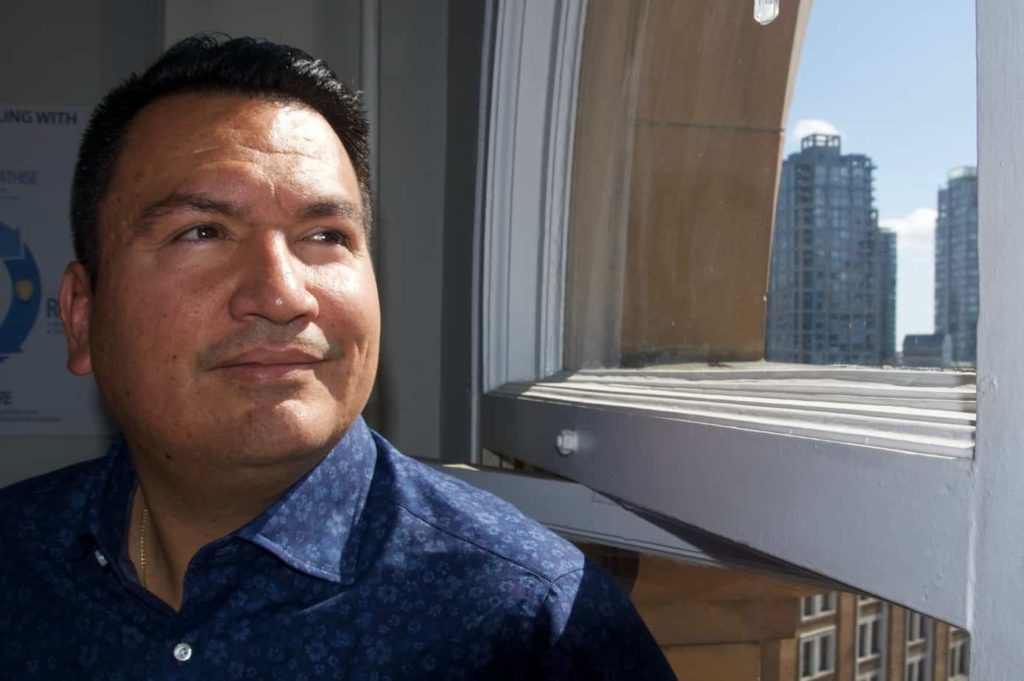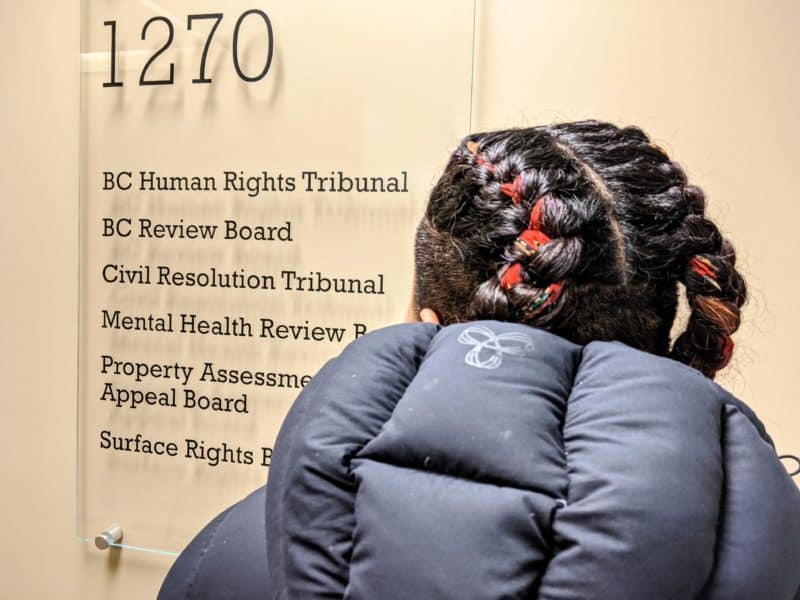
This is from our Urban Nation newsletter. Make sure to share it and subscribe here.
Reconciliation was barely mentioned during the election for Vancouver city council, and urban Indigenous residents should be concerned.
Independent candidate Kennedy Stewart is Vancouver’s new incoming mayor. Meanwhile, the NPA won five seats while the Green Party won three seats, and COPE and One City each won a seat.
There is some question about how the fractured council will work together. But the bigger question for Indigenous people is where does reconciliation stand on the new council’s agenda? The candidates’ campaign platforms don’t inspire confidence in me about this.
Stewart’s platform doesn’t explicitly mention reconciliation, but he does mention Indigenous people in housing, inclusivity, and respecting community knowledge to address the Downtown Eastside’s needs. The Green’s platform couches reconciliation in promoting culture and cultural diversity. The NPA’s platform doesn’t mention reconciliation, but it mentions dialogue with urban Indigenous people to improve consultation and services around homelessness, and promises to improve support for vulnerable students, including Indigenous students.
The notable exceptions are COPE, whose reconciliation plan is laid out comprehensively in its policy and platform material, and OneCity, whose platform includes a section on reconciliation in housing strategy and territory and language recognition.
This overall reticence to specifically address reconciliation is unusual considering Vancouver has been a leader in municipal reconciliation. A year of reconciliation was declared in 2013, and Vancouver declared itself a city of reconciliation in 2014. It’s established comprehensive Indigenous initiatives, including an urban Indigenous advisory committee and hiring an Aboriginal relations manager in 2016. And, along with Vancouver’s parks board (whose new and re-elected commissioners still seem committed to reconciliation), council has supported projects like new Indigenous place names and spaces.
But this is where partisan politics comes in. Reconciliation initiatives were launched during Vision Vancouver’s tenure in office, so how will the new council treat reconciliation now that Vision has been decimated? Will it be treated as a Vision thing instead of the right thing to do in response to the Truth and Reconciliation Commission’s calls to action aimed at municipalities?
Will reconciliation now be forced to the bottom of council’s agenda? Will it be ignored out of existence? Will it be reassessed and have its resources diverted to other priorities?
With the urban Indigenous community not publicly demanding reconciliation be prioritized during the election campaign, and media not grilling candidates about it, someone has to ask these questions as Vancouver’s new councillors get ready to take their seats around the table. And what about the other municipalities in the Lower Mainland? Where does Surrey’s new mayor and council stand on reconciliation? We all need to keep an eye on this together.
Which Indigenous issues topped your election agenda?
 “I think reconciliation is a huge issue. . . . But it’s unpacking what that really means. So any elective leader and their supportive council would need to engage with Indigenous folks to unpack what meaningful reconciliation, meaningful engagement and dialogue really looks like…
“I think reconciliation is a huge issue. . . . But it’s unpacking what that really means. So any elective leader and their supportive council would need to engage with Indigenous folks to unpack what meaningful reconciliation, meaningful engagement and dialogue really looks like…
“Then for the urban Indigenous folks who are not maybe from the Coast Salish territories, there has to be a recognition that urban Indigenous folks are in the city, and where do we fit in that conversation and how do we access hubs to have that conversation with elected officials?”
— Theresa Aslin Fresco, non-profit regional manager

“One of [the] main themes running through the parks board, school board, city council and mayor is what does reconciliation look like? How do we move beyond singing and dancing for you to actual systems of change where our young folks and our families are feeling welcome and embraced by non-Indigenous peoples who are learning Indigenous history?”
— Scott Clark, executive director of Aboriginal Life in Vancouver Enhancement Society (ALIVE)

“Housing is one because so many people are from so many different places and they come here to live and survive because there are jobs here. But without places that are affordable to live in, they don’t have a foundation, they’ll never get a footing and people will fall through the cracks easier than they should.”
—Jerome Turner, film industry, locations department

“Probably education for Aboriginal youth. It’s definitely hard to — I feel like a lot of our youth are pushed through the high school system, or pushed through any sort of system.”
—Reanne Percival, program assistant at Urban Native Youth Association
People are talking about
- CBC Indigenous and APTN gave their takes on the sexual assault allegations levelled against Vancouver Indigenous actor Duane E. Howard.
- This Halifax Examiner story reports on how prisoners of black-Indigenous ancestry say they face greater discrimination in prison because of who they are.
- The Guardian reports that off-reserve Indigenous people in Prince Edward Island suffer disproportionately high rates of chronic disease and mental health issues.
- The publisher of B.C. Bookworld, Alan Twigg, decried a presentation by the Writers’ Union of Canada’s equity coordinator, Rebecca Benson, at the Vancouver Writers Festival. Benson is Tuscarora from Six Nations of the Grand River. Twigg posted this apology a few days later.
What you love

“I love that people are attracted to this part of the world, to the West Coast which are the traditional homelands of our Coast Salish people,” says Ian Campbell, a hereditary Chief of the Squamish Nation, who ran for mayor with Vision Vancouver this election before abruptly withdrawing from the campaign in September.
Ian works as a lead negotiator and cultural ambassador for the Squamish Nation. He carries two ancestral names: Xalek — which comes from the family name Xatslanexw, commonly known as “Kitsilano,” he says — and Sekyu Siyam, his Chieftain name.
“I love that our people continue to transition away from the negative impacts of residential schools and colonialism to a new era — one where our children will flourish and not assimilate, but adapt to an ever-changing environment,” he says.
Let’s gather
-
Oct. 24: Keen to talk about inner city childcare? Join the discussion at Strathcona Community Centre from 5–7 p.m.
-
Oct. 25: Indigenous Climate Action is hosting a climate action workshop from 9 a.m.–4 p.m. at the UBC Farm Yurt. “All are welcome to participate in a very timely and important discussion on how your research, programs, or policy proposal can inform the development of an Indigenous Climate Action Toolkit,” says Urban Nation community member, Noni Clair. To register, get in touch with Dawn Morrison, dawn@indigenousclimateaction.com; 778.879.5106.
-
Oct 24 to Nov. 4: Celebrate the artists and activists of Vancouver’s Downtown Eastside at the 15th annual Heart of the City festival. There’s so much going on (more than 100 events over 12 days in 40 venues in the DTES), but Urban Nation community member Vicki George asked us to let you know that she’s hosting two free film screenings — The Land is the Culture: A Case for Indian Land Claims, as well as The Road Forward — at the Carnegie Theatre on Oct. 27 from 2–5 p.m.
If you know about an event that you think should be included in this newsletter next week, send us an email.[end]



